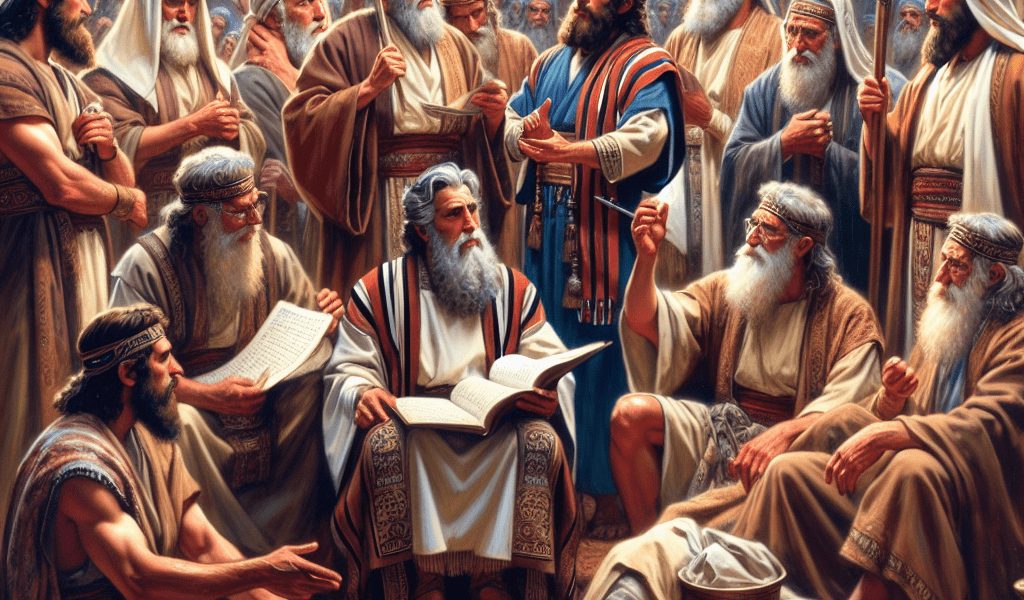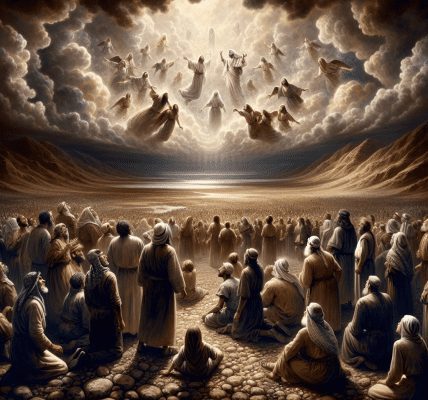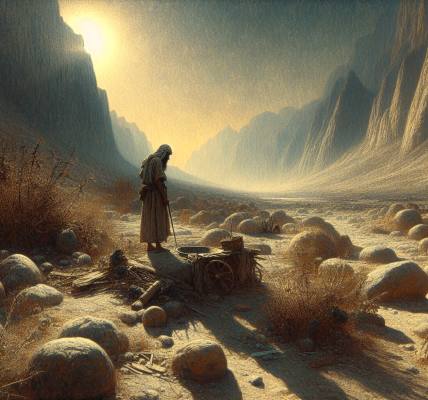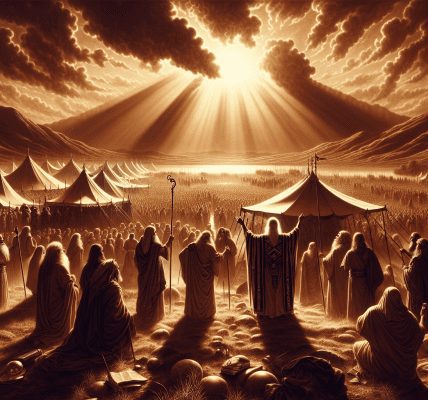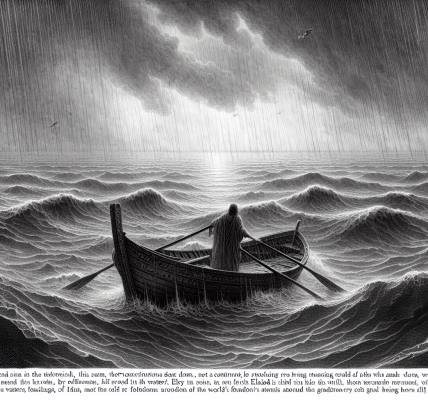In the days when Jehovah was guiding His chosen people, He delivered a stern and powerful message through Moses, His prophet. He directed Moses to speak with Aaron and his sons, the priests of Israel, about their conduct with the holy things of the nation. The Lord emphasized the sacredness of His name and the things offered to Him, commanding that they should not be profaned.
Jehovah laid down laws and principles that were to guide the interactions with the holy things. He said that no one in an unclean state, whether because of natural emission, leprosy or contact with anything unclean such as a dead body or creeping things, should approach the holy things. If they did, they would be cast away from the presence of Jehovah. God insisted that anyone who became unclean had to cleanse themselves by washing their body and waiting until sundown before they could partake of the holy items.
The Lord further restricted the eating of the holy things. He declared that they must not eat anything that had died naturally or had been killed by a beast. Foreigners, sojourners or hired servants were also barred from consuming the holy things. Yet, an exception was permitted for the purchased slaves and those born in the priest’s house, for they could partake in the priest’s bread.
Restrictions were also extended to a priest’s daughter who married a foreigner, for she was barred from consuming holy food. However, if she were to become a widow or get divorced and return childless to her father’s house, she could then eat of her father’s bread.
Jehovah demanded that the Israelites offer Him only unblemished, clean and perfect animals, as a symbol of their dedication and reverence towards Him. The Lord refused the offerings of animals that were blind, maimed, or had any blemishes or deformities. Even the animals offered to fulfill vows had to be pristine. He strictly forbade the offering of any sacrifices from foreigners, as He considered them to carry corruption.
The Lord further instructed His people on the right procedure to offer their livestock. The newborn of an animal was to be left with its mother for seven days. From the eighth day onwards, it was deemed suitable to be offered to God. Moreover, the same day that a sacrifice was offered to Jehovah, it had to be eaten; none could be left over to the next day.
Reminding His people of their deliverance from Egypt, Jehovah reiterated the need for upholding His Holy name and obeying His commandments. He emphasized His sovereignty, “I am Jehovah who made you holy, who brought you out of Egypt, to be your God: I am Jehovah.” In this way, Jehovah affirmed His divine authority and sanctified His chosen people through their adherence to His holy law.
